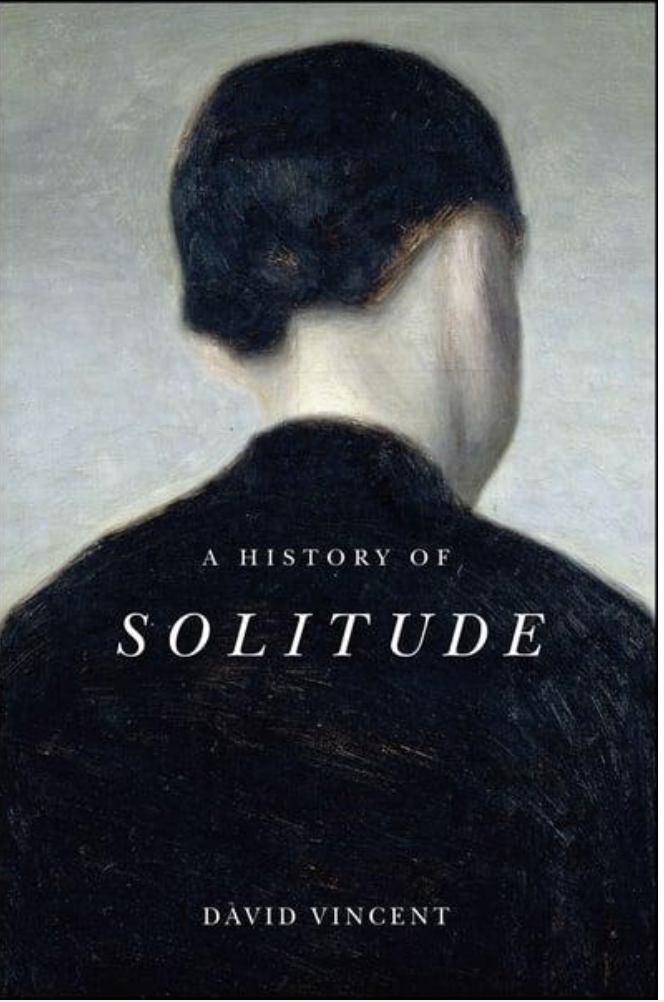
Social distancing and history of solitude


A vital historical account of an increasingly stressed sphere interaction, at time how people have conducted themselves in the absence of company over the last three centuries. For intellectuals in the romantic age, solitude gave respite to citizens living in ever more complex modern societies.
People are getting a plethora to the point of loneliness, while others boxed in with their nearest and dearest are pining for it.
David Vincent’s social history crystallises that everyone needs a bit of solitude and the desire to escape society and a quite history of British society seeks to remedy that deficit.
Vincent a emeritus professor at the UK’s Open University, restricts himself from late 18thcentury to the present day.
A rural labourer in 1800 might have been able to get time to himself only by stepping out for a walk but his grandchildren can do that with lockdown permitting or read a book, or watch Netflix, play computer game, Snapchat, WhatsApp, Facebook friends.
Vincent argues “binary opposition between face to face contact and non-communicative isolation” is misconceived. The smartphone has taken over 18thcentury gentleman scholar, who epistolarily connected with his peers across Europe , illustrated network solitude. Smartphones represent abstracted solitude meaning the capacity to be alone amidst company.
Vincent explains Victorian summit climbing was almost exclusively social rather than solitary. A gamer or instagrammer are legatees to the patience player and stamp collector of 150 years ago.
The adventurers aim was solitude a state of mind a distancing from mass civilisation, and pitting of oneself against the elements.
“Solitude produces ignorance, renders us barbarous, feeds revenge, disposes to envy, creates witches, dispeoples the world , render in desart and would soom dissolve it” was John Evelyn’s verdict in 1667.
Solitude has always had an ambivalent status and the nature of solitude became a prominent concern in the modern era.
Today’s concern centres on the pandemic levels of loneliness in society – a worry given renewed salience by the coronavirus global lockdown as solitude can curdle into loneliness, but periods of being alone are often willingly chosen or arise from freedoms that modernity makes possible. The economic policies whose effect is to deny people the resources – the spare cash, the public library, the affordable mobility that can make solitude bearable or even pleasurable.
A History of Solitude by David Vincent, Polity £25/$35, 304 pages.
